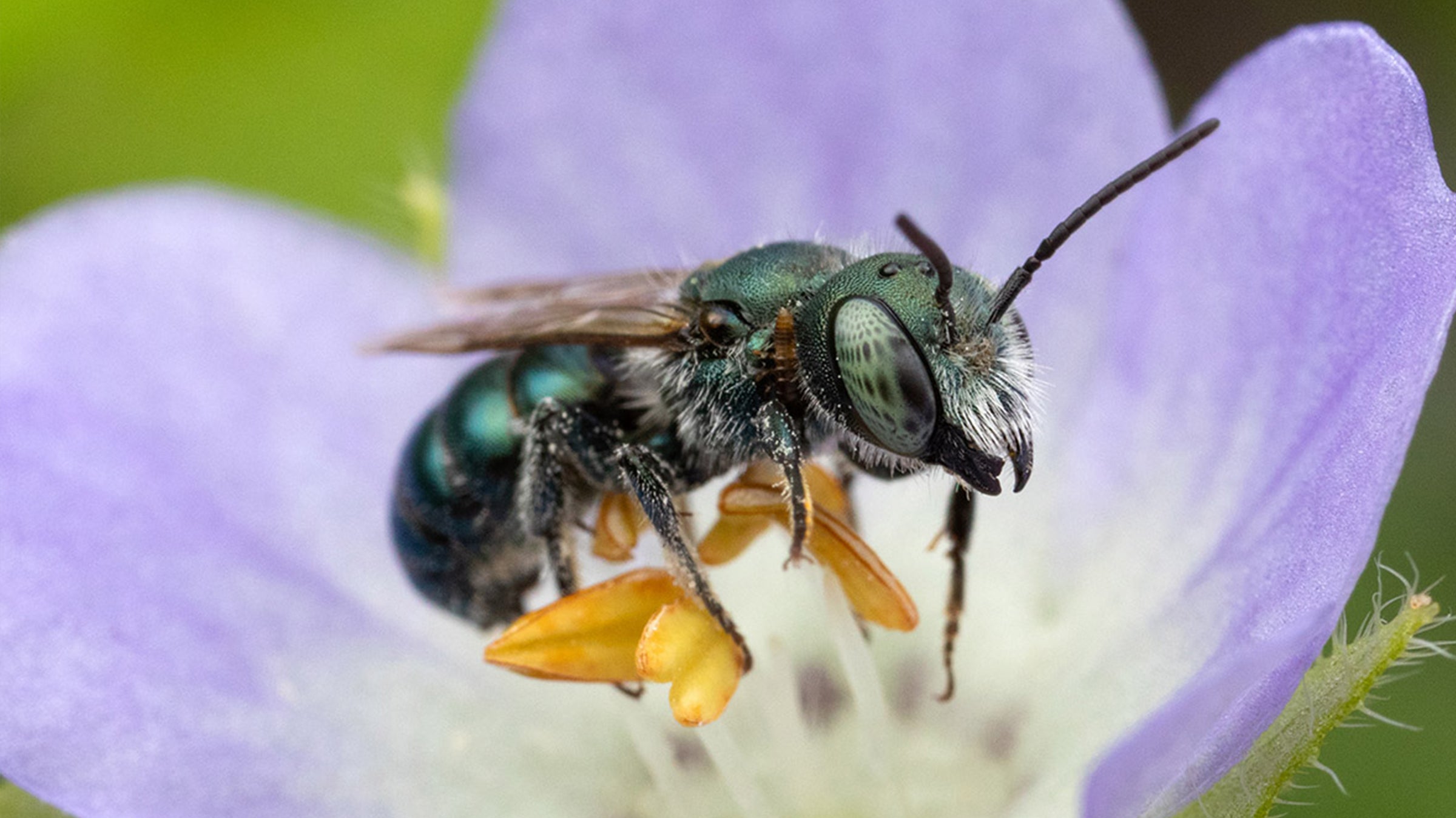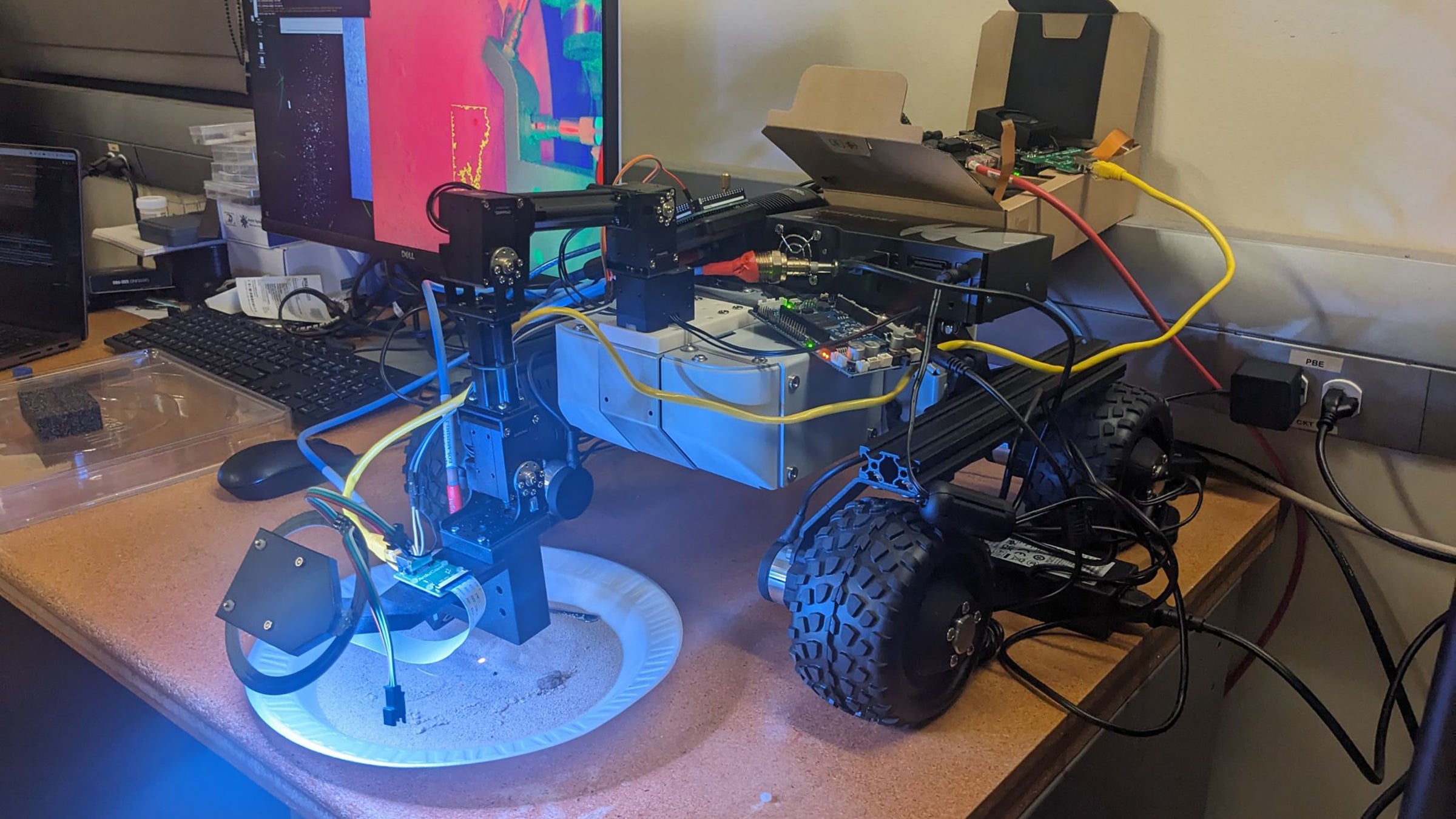Announcing the 2024 Stengl-Wyer Scholars, Fellows and Grant Awardees

Funded by the Stengl-Wyer Endowment, the Stengl-Wyer Scholars Program provides up to three years of independent support for talented postdoctoral researchers in the broad area of the diversity of life and/or organisms in their natural environments. The endowment also supports the Stengl-Wyer Fellowship Program, year-long fellowships for doctoral candidates pursuing dissertation research in the same area.
Read below to learn more about this year’s Scholars, Fellows and grant-funded projects. Congratulations to everyone!
STENGL-WYER SCHOLARS

Dale Forrister
Dale is an evolutionary and chemical ecologist working with Dr. Brian Sedio using comparative phylogenetics, untargeted metabolomics and high-throughput bioassays to understand the ways in which plants defend themselves from insect pests and fungal pathogens. Dale completed his doctoral studies at the University of Utah, where he studied the evolution of chemical defenses in the tropical tree genus Inga (Fabaceae), under the guidance of Drs. Phyllis (Lissy) Coley and Thomas Kursar. Dale is joining Dr. Sedio’s group after a postdoctoral fellowship with Dr. Joseph Wright at the Smithsonian Tropical Institute in Panama. As a Stengl-Wyer Scholar, Dale plans to examine how plant’s investment in defense changes across climatic and and biotic gradients, and how these changes influence the ecology, species composition and forest dynamics of tropical rainforests.
Marina Hutchins

Marina is an evolutionary behavioral ecologist who utilizes a social information framework to understand behavioral variation in populations. She conducted her doctoral research at Rice University in the Saltz Lab, where she used fruit flies to investigate the effects of social information use and production on behavioral patterns in an aggressive context. As a Stengl-Wyer Scholar, Marina will work with Dr. Molly Cummings and Dr. Carlos Botero to characterize the ecological drivers of social information reliance, and investigate the impact of social information on sexual selection dynamics in sailfin mollies.
STENGL-WYER FELLOWS
Damla Cinoğlu

Damla is a PhD candidate advised by Dr. Caroline Farrior. She is studying plant species coexistence, and abiotic and biotic mechanisms that maintain plant diversity. Using a combination of theoretical and empirical methods, she has previously studied how competition for light following treefall gaps can maintain demographic diversity in the Neotropics and how natural enemy pressure can alter the plant biodiversity - ecosystem functioning relationship in Central Texas. As a Stengl-Wyer Fellow, she will investigate how herbivory and competition for light and moisture interact to influence tree diversity in tropical forests. Her research will combine large-scale data analyses of data on herbivory damage, functional traits (e.g physical and chemical defenses), understory light availability across different successional stages, and mechanistic mathematical modeling.
Keri Greig

Keri is a PhD candidate in Dr. Amy Wolf’s lab whose dissertation research focuses on the impact of global change factors on plant-fungal interactions and defenses. As a Stengl-Wyer Fellow, Keri will be working at the Lady Bird Johnson Wildflower Center, where she will be utilizing a recently-established experimental system to investigate the impact of drought and increased nutrient inputs on the fungal communities of plant foliar tissue.
Hannah Rempel

Hannah is a PhD candidate in Dr. Jordan Casey’s lab at the Marine Science Institute. As a Stengl-Wyer Fellow, she is studying the ecological roles of coral reef fishes that consume algae and cyanobacteria in the Greater Caribbean region. To help inform conservation targets, Hannah is evaluating how species vary in levels of algae and cyanobacteria they consume across healthy, coral-dominated reefs to highly degraded ones. Her work combines scuba surveys of fish behavior with cutting-edge laboratory techniques including using traces of DNA from fish food sources in their stomachs to precisely identify what they consume and stable isotope analysis to determine their nutritional targets based on dietary fingerprints in their muscle tissues. Additionally, she is conducting local research on best practices in using environmental DNA to study the diets of omnivorous fishes on the Texas Gulf Coast.
Emily Lessig

Emily’s research integrates animal behavior and neuroscience to understand how animals make decisions in dynamic social environments. She completed her Masters in Ecology and Evolutionary Behavior at UCLA. She is currently a PhD candidate in the lab of Dr. Hans Hofmann where she studies the neuromolecular underpinnings of social decision-making in an African cichlid fish. As a Stengl-Wyer Fellow, Emily will examine the behavioral, physiological, and neuromolecular mechanisms that underlie behavioral plasticity and allow species to acclimate and adapt to changing environments as a consequence of climate change.
GRANT AWARDEES
Jessica Ciarla, Associate Professor of Instruction (Textiles and Apparel): Sustainable Materials Development for the Fashion Industry
Justin Havird, Associate Professor (Integrative Biology): The UT Turtle Pond as a Living Lab for Biodiversity Research



